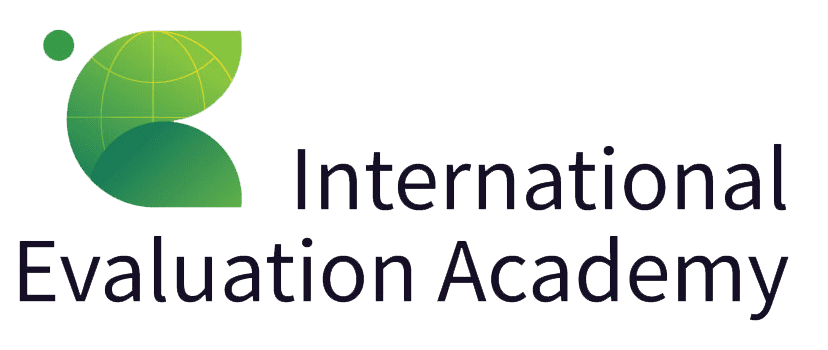Forum Replies Created
-
AuthorPosts
-
Dear colleagues,
Following up the below, I recently had the privilege of taking an eval theory class with Melvin Mark at the Evaluators’ Institute. We discussed this issue, and came to the shared conclusion that Outcome Harvesting should NOT be called ‘goal-free.’
The logic is as follows: while OH is often called ‘goal-free,’ that is misleading because the underlying reasons for going ‘goal free’ are very different than the reasons underlying the original use of that term. Scriven coined the term ‘goal free’ to address bias reduction. Wilson-Grau developed OH to address contextual complexity. The theoretical underpinnings do not align, so it’s best to maintain clarity by using different terms.
As a result, I continue to call OH ’emergent.’ This is largely my own invented term. I still see a need for consensus within the field, so I’m eager to hear what others think.
Cheers,
Michelle Garred, PhD
Ripple Peace Research & Consulting LLCDear colleagues,
I’m an enthusiastic practitioner and proponent of ‘goal-free methods’ (including Outcome Harvesting, QuIP etc). As Hur Hassnain mentioned below, I increasingly wondering whether the term ‘goal-free’ has outlived its original usefulness, and may require an update. (Or, to be even more daring, perhaps the underlying concept could also use clarification and refreshing.)
I say this for several reasons:
1. None of the programs to which I apply ‘goal-free’ methods in the peacebuilding space (broadly defined) are without goals. They all have a goal, albeit sometimes a loosely defined one. We do in fact center that goal during the evaluation process; if not, how would we discern whether or not the program is moving and influencing in the intended direction? However those programs are often without specific objectives, or else they have objectives that are set aside for purposes of a particular evaluation exercise. Hence the potentially awkward alternative term ‘objective-free evaluation.’
2. The term ‘goal-free’ doesn’t allude in any helpful way to the reasons why such methods are currently used. As I understand it, the original reason for using goal-free methods was largely to avoid confirmation bias. More recently, the common reasons center around the impossibility or undesirability of accurately predicting results in advance in certain settings. This applies to social change efforts in highly complex fast-changing contexts and also, less commonly, to programs that are driven by iterative participant-led planning. The alternative term that I prefer here is ’emergent’- the program results are emergent, and so are the evaluation methods.
3. The term ‘goal-free’ seems to come across as alien, rigid and unrealistic with most audiences. Only the ‘evaluation nerds’ among us know what it means. Speaking for myself, this is a very real problem as I try to promote awareness of the benefits and limitations of goal-free methods among my clients and constituencies. I find myself avoiding the term ‘goal-free’ and talking instead about ’emergence.’ I don’t think I’m alone in this. I believe that the potentially outdated terminology may actually be holding back the development of the field.
What do others think about this challenging issue?
With thanks,
Michelle Garred
Ripple – Peace Research & Consulting LLC -
AuthorPosts
